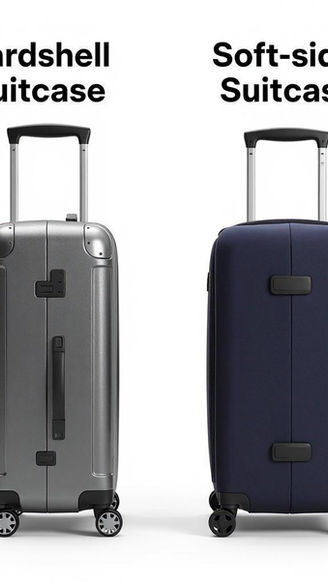How to Budget for Travel Without Stressing Your Wallet
- Marco

- Jul 10, 2025
- 3 min read
Updated: Jul 16, 2025
At TripSava, we believe unforgettable trips shouldn't come with regret or financial stress. Whether you're jetting off on a dream vacation, heading out for a business trip, or visiting family, building a smart travel budget is the secret to enjoying every moment.
Here’s a step-by-step guide to help you plan ahead, stay on track, and make every dollar count.
1. Start With Your Travel Goals
Every trip starts with a purpose. Clarify yours:
Is this a relaxing beach vacation, an action-packed adventure, or a quick work trip?
Where are you going, and how long will you stay?
What matters most—luxury stays, fine dining, bucket-list experiences?
Defining your priorities early helps you decide where to spend—and where to save.
2. Estimate the Total Cost of Your Trip
List every expense you can think of:
✈️ Flights
🛏️ Accommodations
🚕 Local transportation (trains, rideshares, rental cars)
🍽️ Food and drinks
🎟️ Activities and excursions
🧾 Travel insurance, passport fees, visas
🩺 Emergency fund (for medical or trip interruptions)
Use a spreadsheet or budgeting app to organize and update these costs as you research.

3. Break It Down by Category
Create simple categories for your budget like:
Transportation
Lodging
Food
Activities
Miscellaneous
Assign a dollar amount to each and make sure your total stays within your overall goal.
4. Do Your Research & Compare Prices
The more you dig, the more you’ll save:
Use fare comparison sites to find the best deals on flights and hotels.
Be flexible with your travel dates—off-season or mid-week travel is often cheaper.
Consider nearby airports or package deals that bundle flights + lodging + experiences.
Research local transportation options early—they can be a hidden cost saver.
5. Watch Out for International Fees
If you're traveling abroad, budget for:
Currency exchange rates
ATM withdrawal fees
Credit card foreign transaction fees
💡 Tip: Use a no-foreign-transaction-fee credit card or prepaid travel card to minimize charges.
6. Set a Daily Spending Limit
Take your total trip budget and divide it by the number of days you're traveling. This gives you a daily allowance for food, entertainment, and other purchases. Staying within this amount helps avoid end-of-trip surprises.

7. Track as You Go
Keep receipts or log your purchases in a budgeting app daily.
Compare your actual spending with your planned budget.
If one category goes over, trim another to stay balanced.
Regular check-ins help avoid overspending and build peace of mind.
8. Look for Cost-Cutting Opportunities
Smart savings = more trip memories.
Cook simple meals if your lodging has a kitchen.
Choose public transportation or shared rides over taxis.
Stay at budget-friendly places like hostels, guesthouses, or vacation rentals.
9. Save in Advance
Don’t wait until the last minute to fund your trip.
Set up a dedicated travel savings account.
Automate regular contributions leading up to your trip.
Use cash-back rewards or travel points where possible.
Final Thoughts
Your travel budget doesn’t have to be restrictive—it’s there to help you feel free. The more you plan ahead, the less you’ll worry while you’re exploring.
Every traveler’s budget will look different, but with a little planning and flexibility, you can enjoy the adventure you want without sacrificing financial peace of mind.
✈️ Ready to plan your next trip? Use TripSava’s smart tools to track your bookings, estimate your budget, and make the most of every journey.








Comments